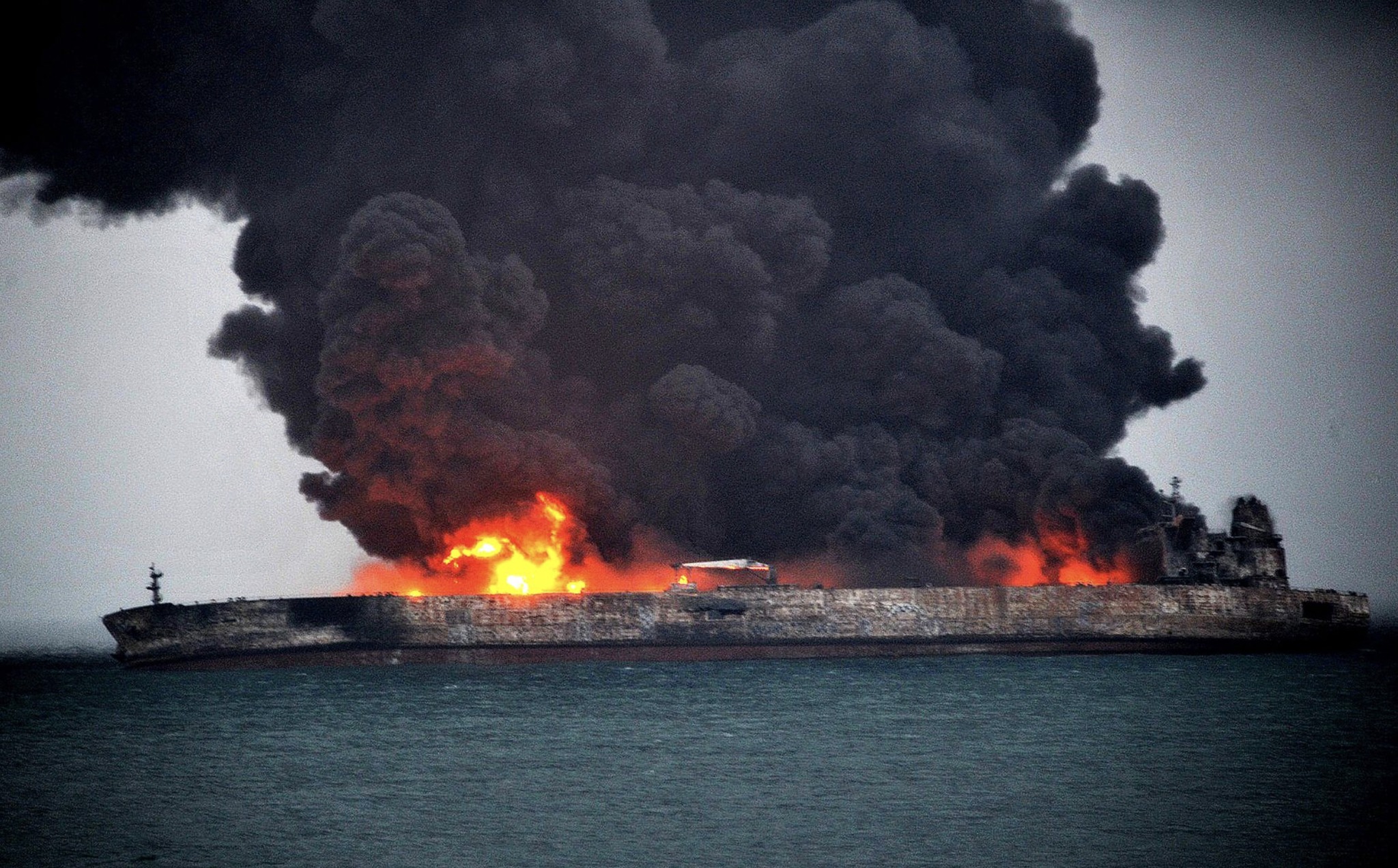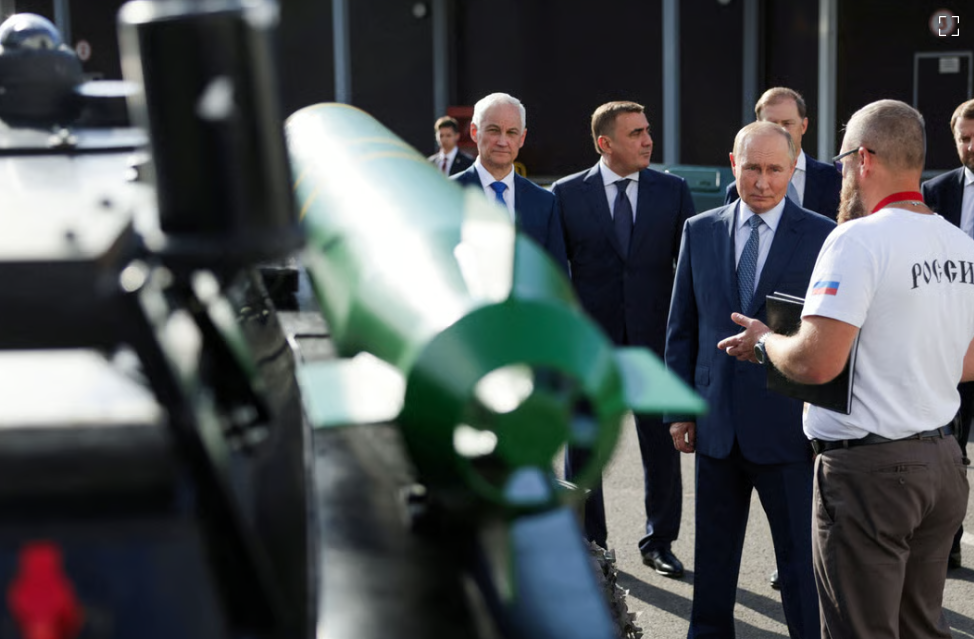By Anatoliy Amelin, Executive Director of the Ukrainian Institute for the Future
We continue to inform about the sources of financing aggression. Over the past two weeks, the shadow fleet of the Russian Federation has secured an additional €2.6 billion for financing the war against Ukraine. There are no sanctions against the owners who manage this fleet, nor are there any against the owners of the companies that own the oil being transported, and no measures have been taken regarding the ports where these shipments are transloaded. It is important to note that these sanctions have not been imposed by either Europe or the United States, but most importantly — they are also absent from Ukraine. Up to now, not even criminal cases regarding financing terrorism have been opened.
The question remains open: is this negligence or a conscious intent?
Given the funds received, Russia can afford to purchase:
- Two S-400 "Triumph" complexes or
- 180 Ka-52 "Alligator" helicopters or
- 4 cruisers of the "Moskva" class or
- 1,000 Iranian ballistic Fath-360 missiles (which are already in stock)
At a time when the international community and Ukraine are essentially "turning a blind eye," the enemy is actively reshuffling ship owners and changing companies. As a result, at least 21 of the 72 tankers that fell under sanctions from the U.S., EU, and the UK have resumed transporting Russian oil since April 2024, according to Bloomberg. Most of these shipments were headed to China, and about a third were delivered to India. The tankers began loading in Novorossiysk, but the latest shipments were collected from all export ports of Russia.
Greenpeace believes that an oil disaster in the Baltic Sea is only a matter of time. The tankers used by Russia pass through narrow and dangerous sections of the Baltic Sea, creating significant risks.
New players in the shadow oil market are also emerging. In particular, a Latvian citizen, Alexey Khaliavin, has become one of the largest buyers of Russian oil, circumventing the price ceiling, as reported by The Insider, which analyzed data from companies registered in the UAE.
According to the publication, Khaliavin is associated with three companies registered in the UAE:
- Black Pearl Energy Trading (Khaliavin was the owner and director of this company) and its affiliates
- OGC Shipping and
- Conmar Maritime
The Russian government's forecast for 2025 predicts that the oil and gas sector will bring about $118 billion to the state budget. However, not all of these funds make it to the budget; some are deposited in offshore zones and companies controlled by the Kremlin.
Despite this, the world continues to ignore the shadow fleet, and Russia steadily receives oil dollars, which are used to wage war.
They understand their vulnerability and that sooner or later there will be sanctions. This will have a negative effect on Russia's economy. Therefore, they are already planning to reduce Russia's budget dependence on oil.
The Russian finance minister noted that a few years ago, the share of revenues from oil and gas sales in the budget was 35-40%, but by next year it will drop to 27%, and by 2027 it is planned to decrease to 23%.
At the same time, the Russian Ministry of Economy forecasts that in 2024, revenues from oil and gas exports will reach $240 billion, which is $13 billion more than the previous year. The forecast for 2025 has also been raised to $236.5 billion. This data shows that every dollar from oil sales continues to finance Russia's aggression against Ukraine.
According to the Financial Times, since the introduction of the first measures to restrict the export of Russian oil in December 2022, Russia has formed a fleet of 400 vessels that transport approximately 4 million barrels of oil daily.
Previous materials described the schemes of Rosneft, which, according to some data, are coordinated by citizens of Azerbaijan, possibly with the support of the government of that country.
However, a new investigation by the Financial Times has also uncovered schemes by "Lukoil." The company used its shipping subsidiary to bribe a 74-year-old British accountant named John Ormerod and purchase at least 25 used tankers between December 2022 and August 2023, at a total cost of over $7 million. Each vessel was purchased by a separate company registered by Ormerod in the Marshall Islands, but Dubai’s Eiger Shipping DMCC, owned by Lukoil, provided the funds by making advance payments for the chartering of the vessels.
At the same time, companies in Dubai associated with a British shipping magnate named Muhammad Tahir Lakhan have been appointed as ship managers, according to people familiar with these structures.
Although Lukoil has been under U.S. sanctions since 2014, the ownership schemes for the vessels used to transport Russian oil involve a number of shell companies. For example, the company Freyana Shipping Ltd, registered in the Marshall Islands, is wholly owned by Grand Eagle Maritime Inc., which, in turn, is owned by another company from the same jurisdiction — Eudora Ltd.
Overall, as we can see, the scheme is known to all involved parties. Everyone is profiting from this while turning a blind eye to the consequences. Meanwhile, the Russian army is seamlessly receiving oil dollars, which continue to finance the war and kill Ukrainians.
This once again proves that economic interests outweigh morality and justice, and the loopholes in sanctions allow Russia to circumvent restrictions, supporting its military potential.




















